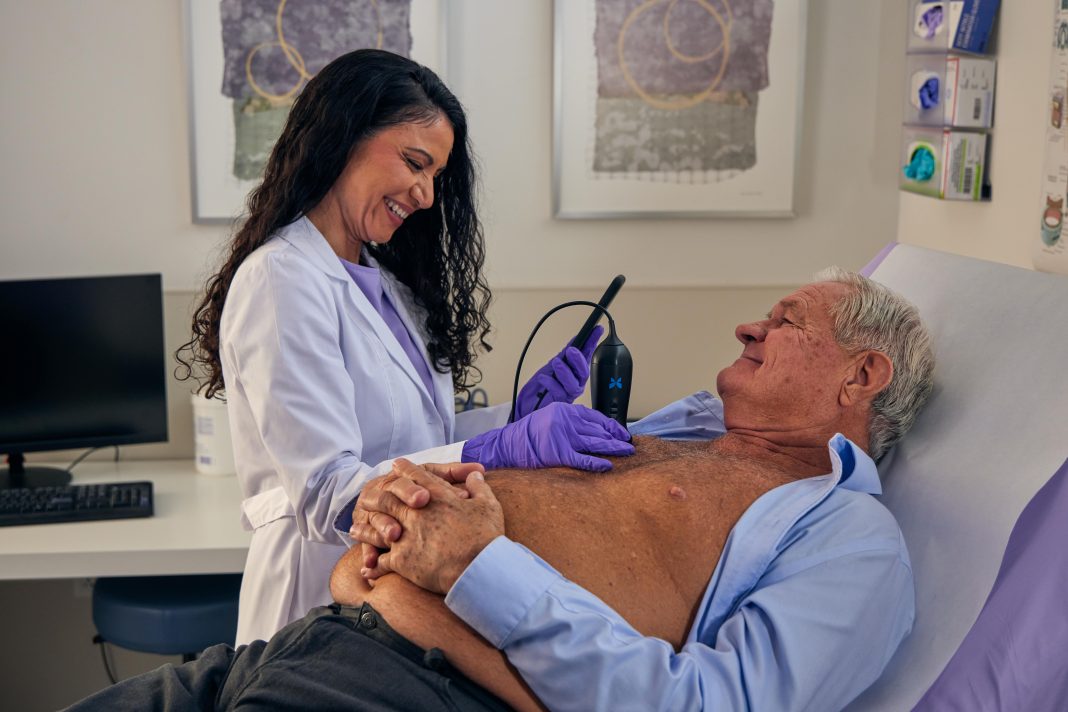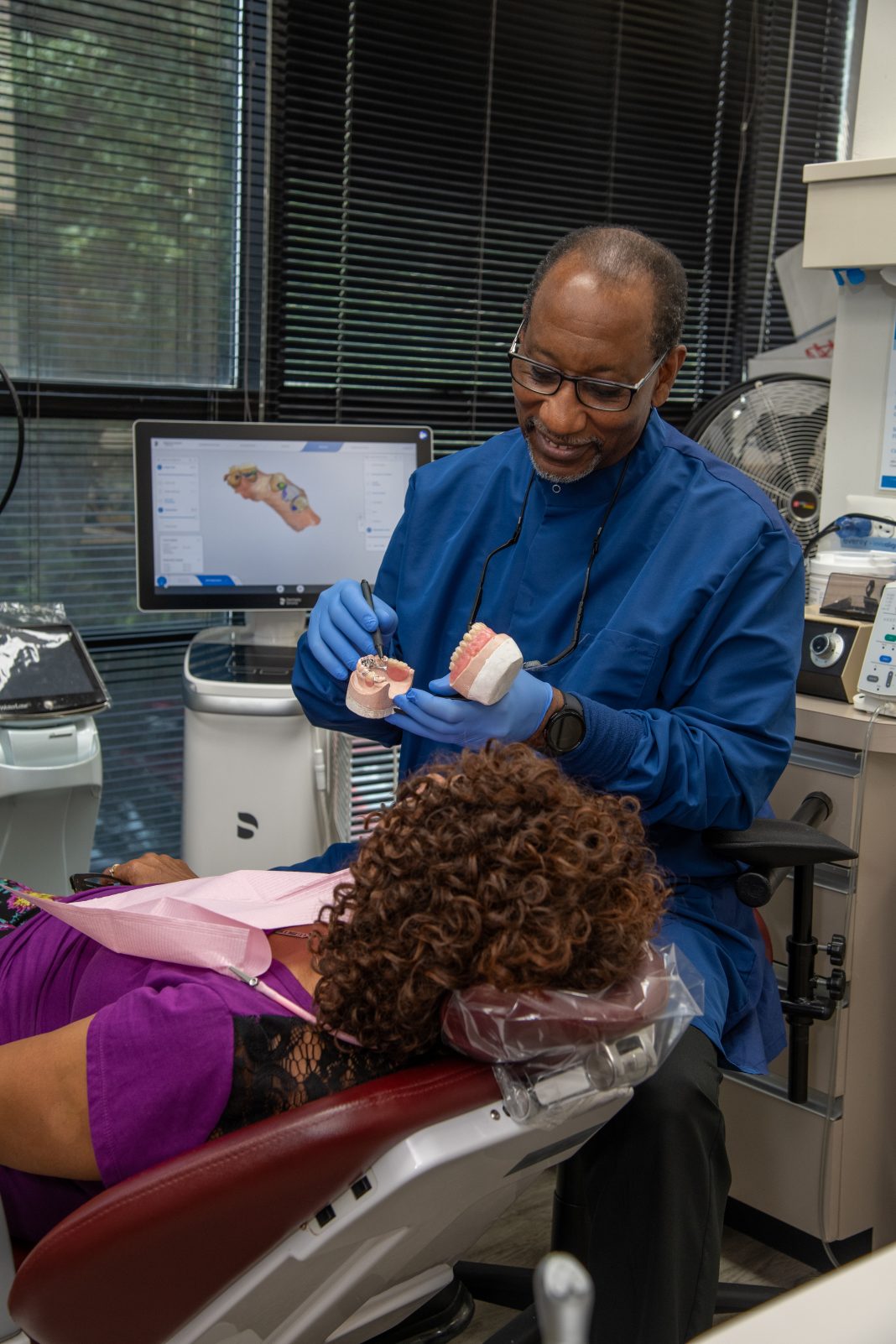Engaging in regular, moderate exercise is good for your heart, of course, but research shows that working out can have a positive effect on the beneficial bacteria living in your gut.
There are about 100 trillion bacteria living in your digestive system, known collectively as the gut microbiota. Some of the 5000 distinct bacterial strains living there are unhealthy and can cause illness. Other strains, known as probiotics, are good for your health.
Researchers are beginning to find out that the gut microbiota has an enormous influence on health. Harmful bacteria can cause illness, of course, but beneficial bacteria help you digest fiber, play a role in controlling your immune system, promote brain health, lower blood sugar and affect the health of your heart, gut and other organs.
To gain these benefits, though, you need to keep the beneficial bacteria living in your gut microbiome healthy. Researchers already know that you have to “feed” your bacteria with its favorite foods such as legumes, beans and fruit that contain lots of fiber, along with yogurt, sauerkraut and other fermented food foods. Feeding your bacteria can promote the growth of beneficial microbes and create a balanced micro bone.
Eating unhealthy food can negatively affect your gut microbes, taking antibiotics, drinking alcohol, cigarette smoking, lack of sleep and other factors can also disrupt you, disrupt the bacteria in your digestive tract. Now, research shows that exercise alone can alter the composition of your gut microbiota.

Exercise Your Gut
Scientists from the University of Illinois at Urbana-Campaign performed a pair of studies investigating the role exercise plays in the health of the gut, regardless of antibody use or other factors. In their first study, the researchers used three groups of lab mice. The first group exercised a lot, and the second group didn’t exercise any more than usual. The third group of mice, specifically bred in a storeroom, without any microbes in their gut was sedentary too.
The researchers then transferred transplanted fecal matter, material from the active and sedentary mice into the guts of the sterile mice. Recipients of the exercise mice’s microbiota intended ended up having microbes that produce butyrate, a type of short chain fatty acid (SCFA) that promotes healthy intestinal cells, decreases inflammation and generates energy for the host; these mice were also more resistant to inflammatory bowel disease.
In the second study, the researchers looked at the gut microbes of 18 lean and 14 obese, sedentary adults before the recipients entered a six-week exercise program, and again afterwards, the participants then engaged in six weeks of sedentary behavior, which the researchers looked at their gut bacteria again.
The participants maintained their normal diets throughout the study. The researchers found that fecal concentrations of SCFAs, particularly butyrate, increased in the human gut as a result of exercise. Butyrate and other short chain fatty acids decreased when the human participants stopped exercising.
The results of these studies and others show that exercise can improve the health of the microbes in your gut.
To keep your digestive tract and the rest of your body at peak performance, exercise regularly.



